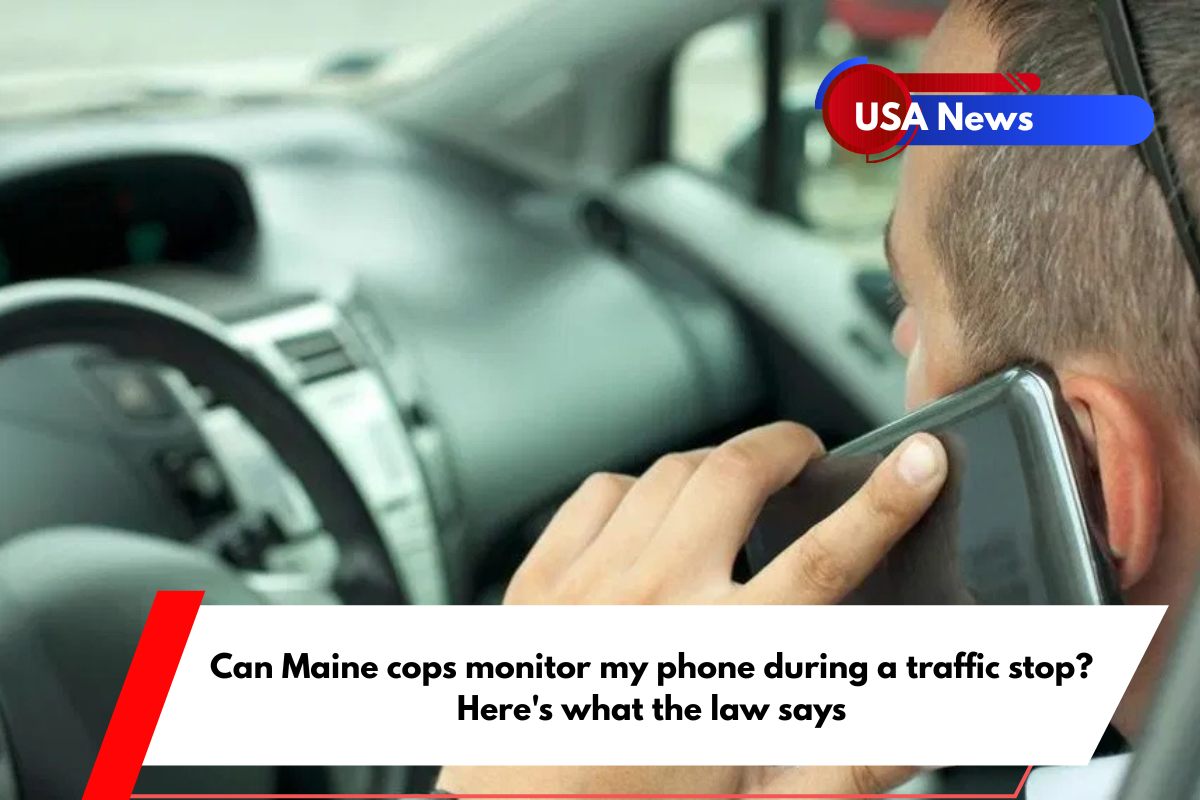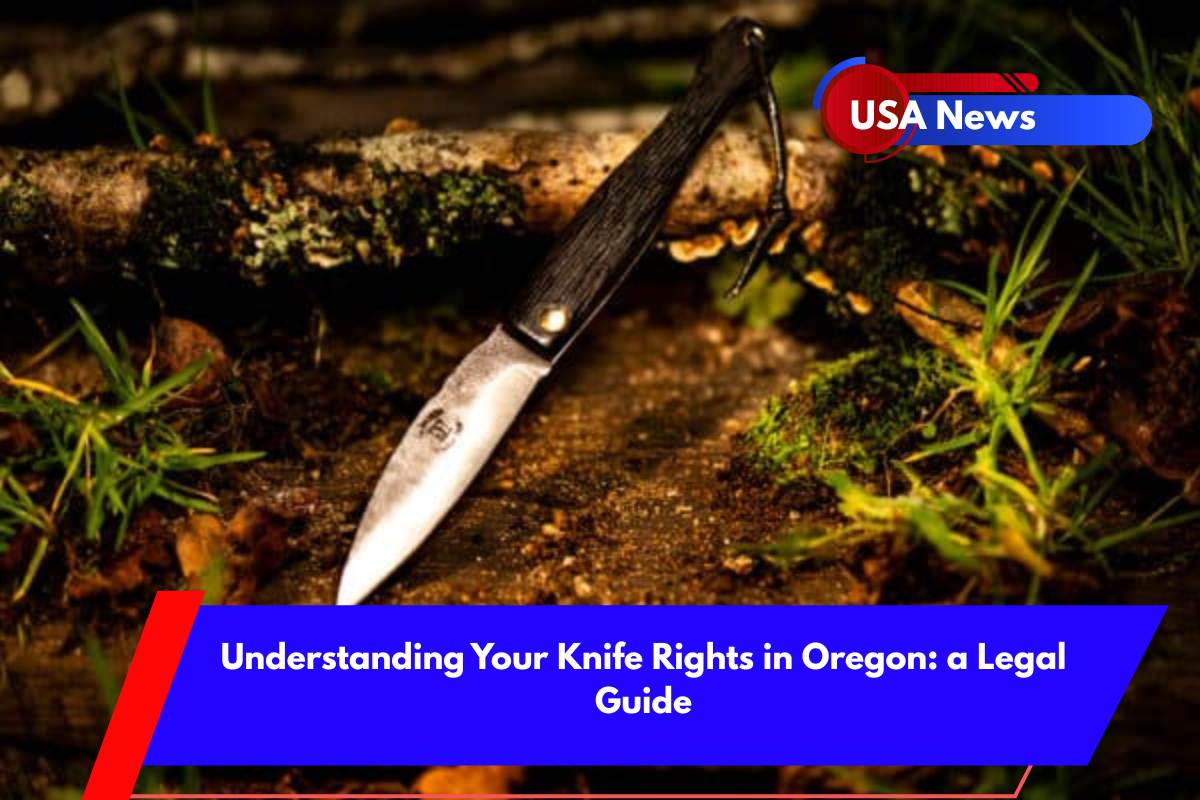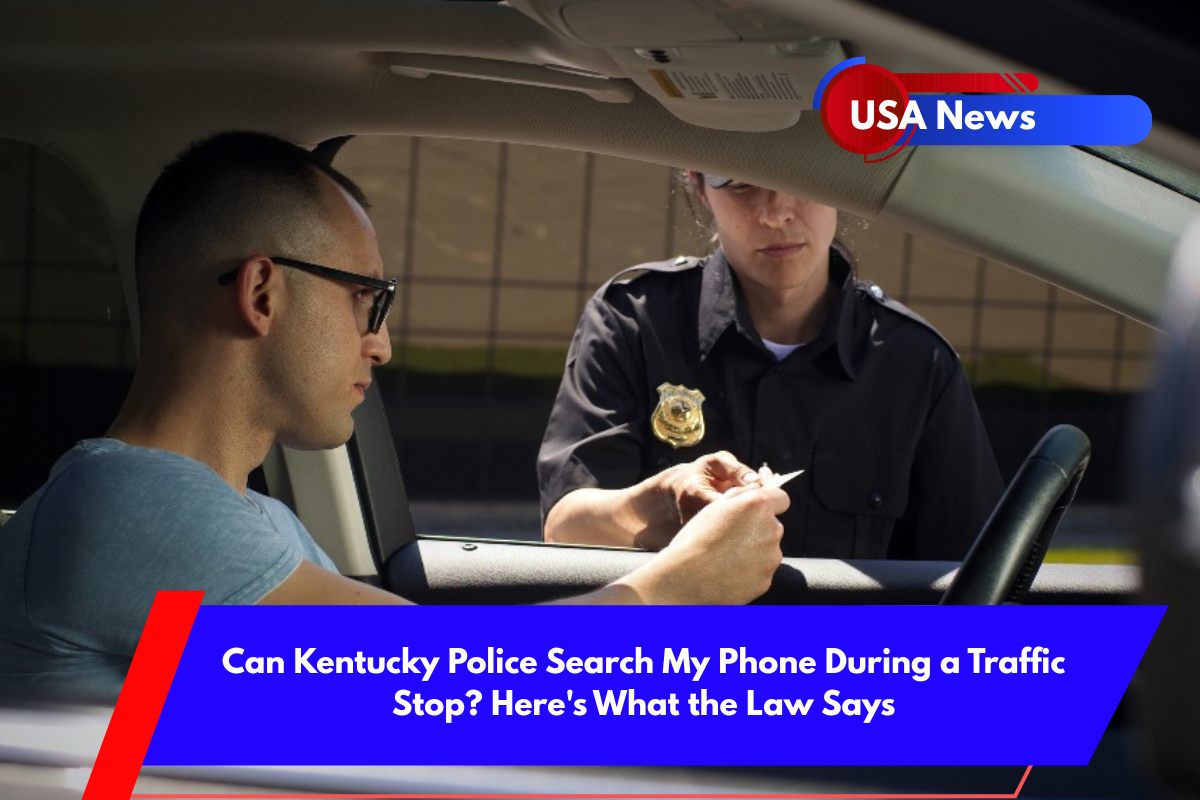If you’re stopped by the police in Maine, it’s important to know your rights, especially when it comes to your cell phone. The Fourth Amendment protects you from unreasonable searches and seizures, which means police can’t just search your phone without a valid reason. Here’s what you should know.
Key Legal Principles
Fourth Amendment Protections
The Fourth Amendment of the U.S. Constitution protects you from unreasonable searches and seizures. This applies to your cell phone too. Police can’t search your phone just because they stop you during a traffic stop in Maine.
Consent Requirement
Police cannot search your phone unless you give them permission. You have the right to say no, and you don’t have to unlock your phone or hand it over.
Warrant Requirement
Generally, police need a warrant to search the contents of your phone, even if they’ve seized it during an arrest. This was confirmed by the U.S. Supreme Court in the case Riley v. California.
Biometric Unlocking
Police cannot force you to unlock your phone using your fingerprint or face recognition, unless they have a warrant that specifically authorizes it.
What Police Can and Cannot Do
Here’s a quick guide to what police can and can’t do when it comes to your phone during a traffic stop in Maine:
| Situation | Can Police Search Your Phone? | Notes |
|---|---|---|
| With your consent | Yes | You have the right to refuse consent. |
| Without consent or a warrant | No | Police need a warrant to search your phone. |
| If arrested | Police can seize your phone, but need a warrant to search | Warrant required for data access. |
| Location data from phone | Only with a warrant | Maine law requires a warrant for location info. |
What You Should Do If Stopped
If you’re stopped by the police, here’s how to protect your rights:
Remain Calm and Polite
Always stay calm and polite. Provide your license, registration, and proof of insurance when asked by the police.
Exercise Your Rights
You don’t have to answer questions beyond identifying yourself and showing your documents. You can say, “I do not consent to a search of my phone or vehicle.”
Refuse Consent
If the police ask to search your phone, you can refuse. This refusal cannot be used against you in court.
Legal Assistance
If you feel your rights were violated during the stop or search, you should contact a criminal defense lawyer for advice.
Special Note on Location Data
Maine law specifically requires the police to get a warrant to obtain location data from your phone or other electronic devices, except in very limited situations.
Sources:
1. https://www.ashelawoffices.com/maine-traffic-stops
2. https://www.aclumaine.org/en/know-your-rights/know-your-rights-police-encounters
3. https://legislature.maine.gov/statutes/29-A/title29-Asec105.html













